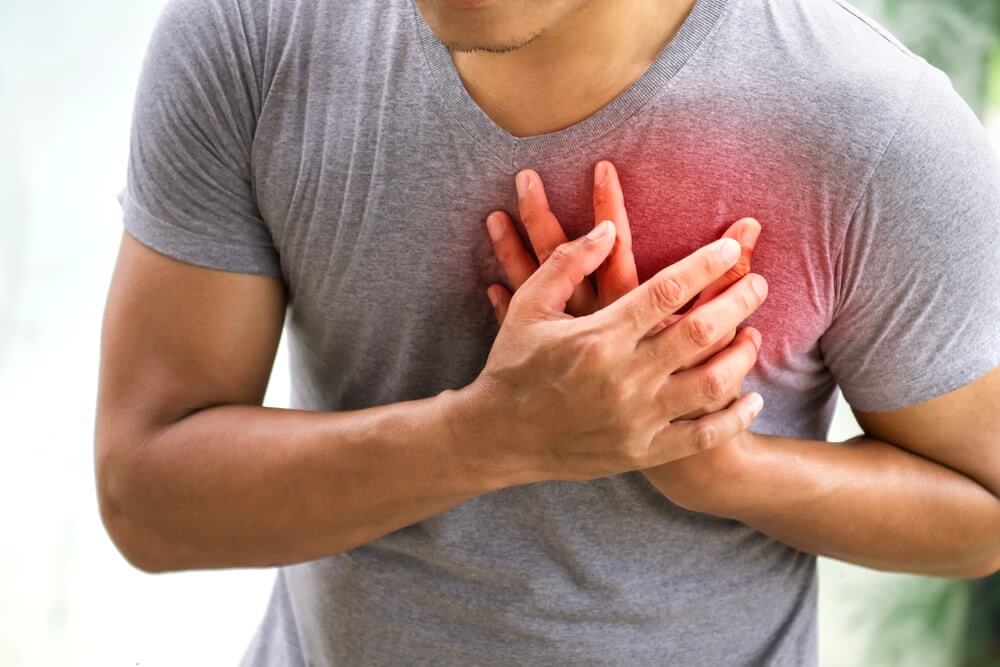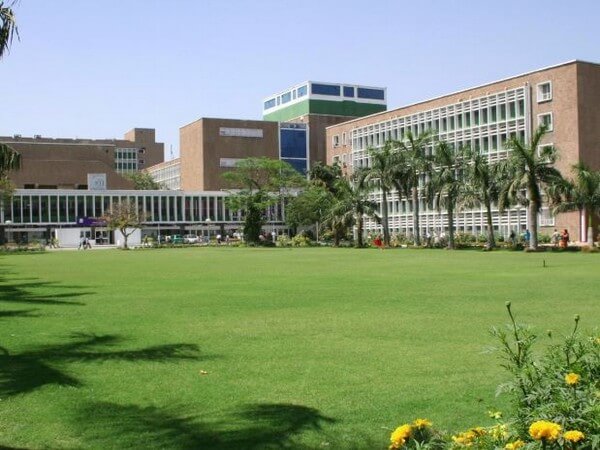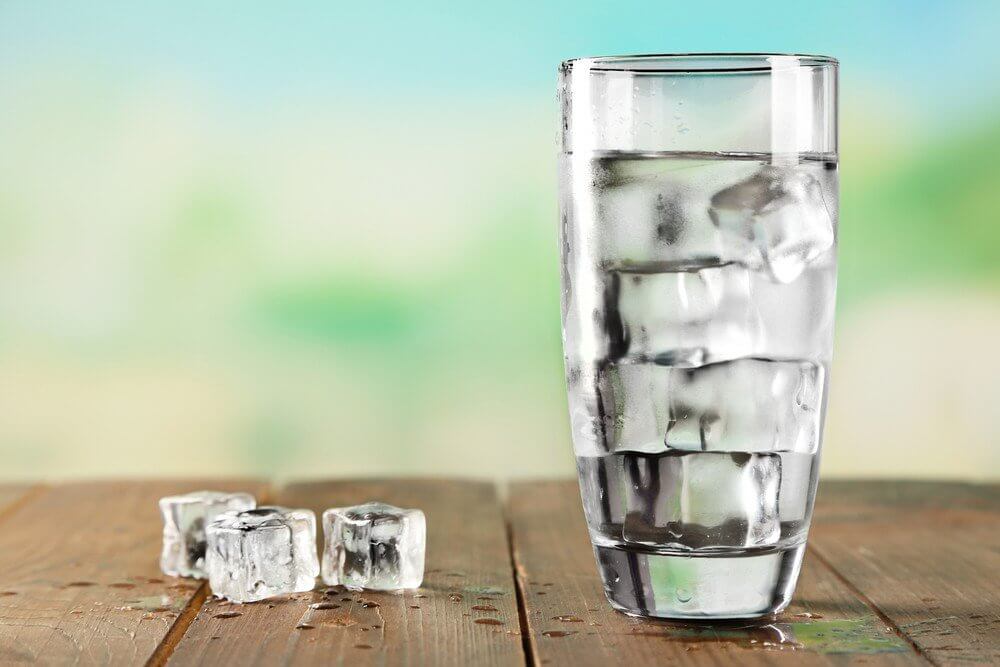5 essential things to do immediately to get relief from sudden chest pain
Sun 15 Oct 2023, 00:46:44

We often hear of tragic stories where a young, apparently healthy individual has sudden severe chest pain, and in the next few hours, he succumbs to a heart attack, completely unexpectedly. Sudden severe chest pain can be a frightening and alarming experience. This type of pain is often described as a sharp or crushing sensation in the chest and can be accompanied by shortness of breath, sweating, and dizziness. It is important to seek immediate medical attention if you experience sudden severe chest pain, as it could be a sign of a serious underlying condition such as a heart attack or pulmonary embolism.
Other possible causes of this type of chest pain include aortic dissection, pericarditis, or a collapsed lung. Treatment for sudden severe chest pain will depend on the underlying cause but may include medication, surgery, or other interventions.
Dr Kaushal Chhatrapati, MD DM, FACC FSCAI FESC, Senior Interventional Cardiologist, Mumbai, in a few unlucky cases, these sudden deaths occur within a few minutes from the onset of chest pain, but in most patients, we get a window of a few precious hours, when a life can be potentially saved, provided all the right steps are taken.
Things to do during sudden chest pain
Take 325 mg of Disprin (Soluble Aspirin) and 4 tablets of Clopidogrel at once. These are available from a chemist, and every person at risk of heart attack should keep these medicines
with them. Contrary to popular belief, sorbitrate is of no use in a full-blown heart attack, and can potentially cause a severe fall in BP. It is hence better to avoid it in the presence of severe acute chest pain.
with them. Contrary to popular belief, sorbitrate is of no use in a full-blown heart attack, and can potentially cause a severe fall in BP. It is hence better to avoid it in the presence of severe acute chest pain.
Call an Ambulance as fast as possible. Go to the Emergency Room of the nearest well-equipped tertiary care Hospital.
Get an ECG taken. ECG will either be normal, show ST elevation MI, or show High Risk Unstable Angina. The latter two need emergent expert treatment.
Whilst at the Emergency Room, blood will be drawn for Cardiac Troponin I, D Dimer, and NT Pro BNP. These will point to chest pain cause.
Call an Interventional Cardiologist. If there is a full-blown heart attack (ST Elevation MI), the Cardiologist would suggest immediate Angioplasty. Do not hesitate. Give consent to do an Angioplasty immediately. Immediate Angioplasty in a heart attack (also called "Primary Angioplasty") is the surest and safest way to save lives.
It is to be emphasised, that a lot of us feel that the heart is 'injured' and should be allowed to rest before any procedure is done. This is not true. The most benefit is obtained by going for an Angioplasty immediately; which will prevent a lot of heart muscle from dying and will preserve the pumping function of the heart, which is one of the best predictors of long-term survival after a heart attack.
No Comments For This Post, Be first to write a Comment.
Most viewed from Health
AIMIM News
Latest Urdu News
Most Viewed
May 26, 2020
Do you think Canada-India relations will improve under New PM Mark Carney?
Latest Videos View All
Like Us
Home
About Us
Advertise With Us
All Polls
Epaper Archives
Privacy Policy
Contact Us
Download Etemaad App
© 2025 Etemaad Daily News, All Rights Reserved.






























